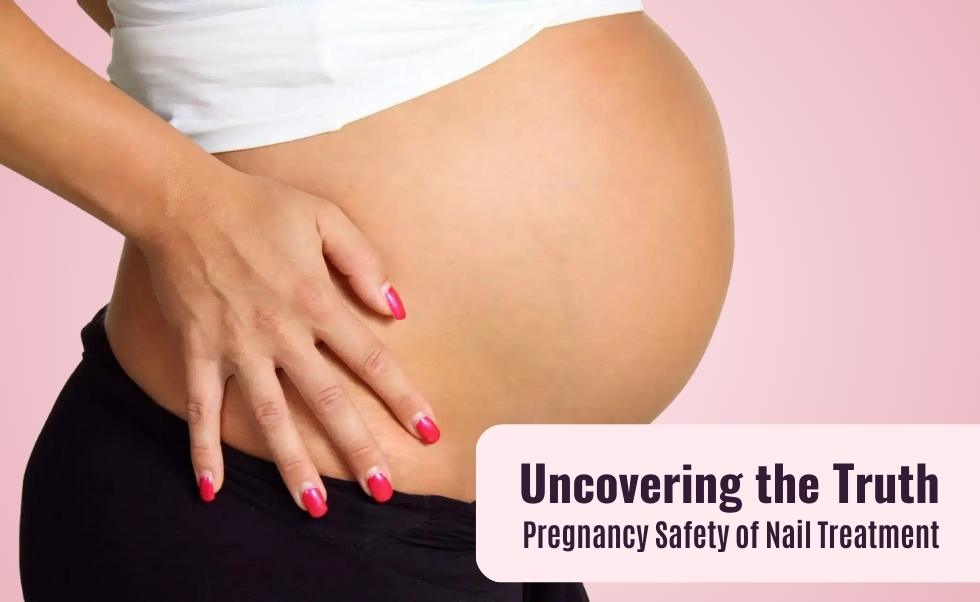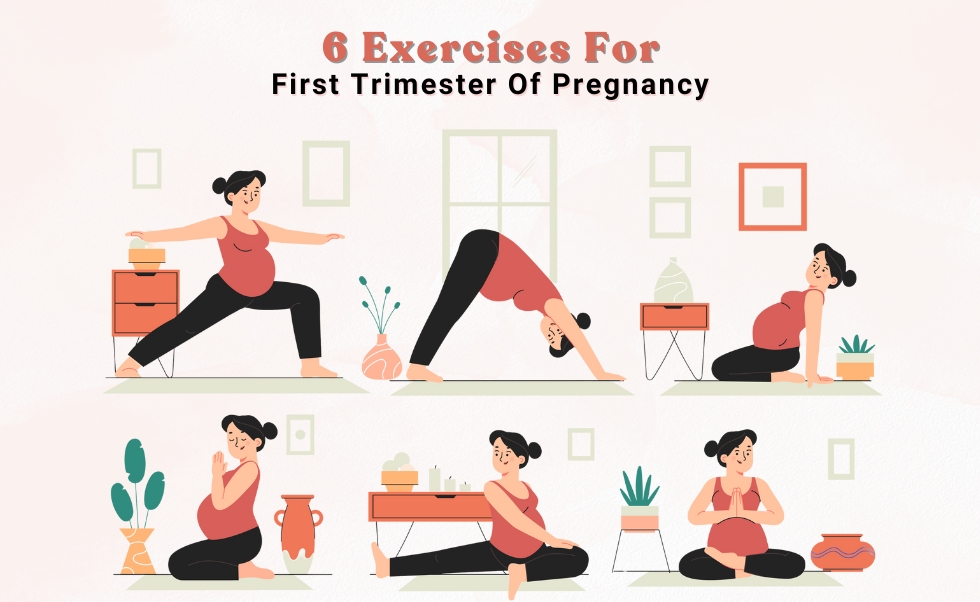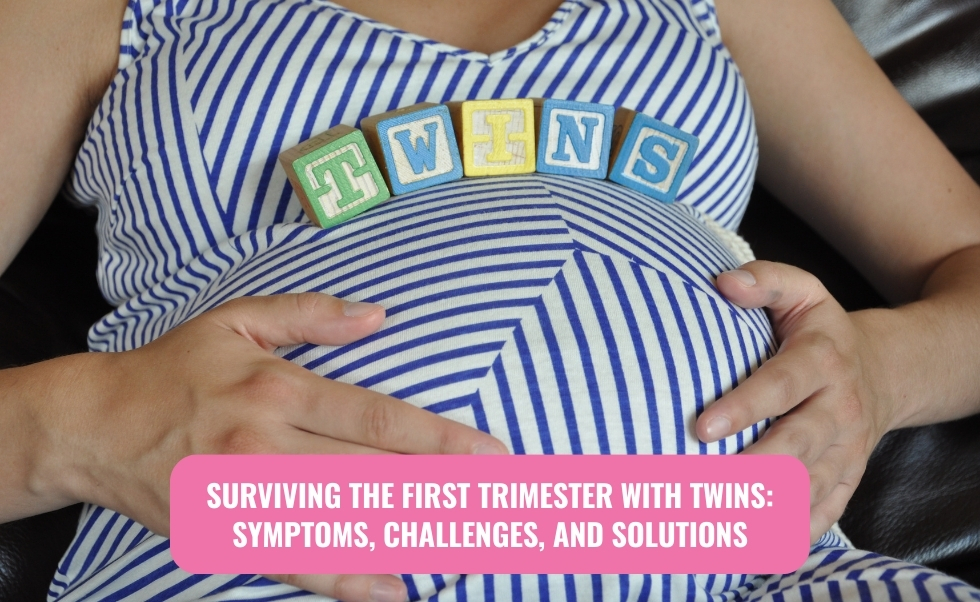Fertility is often seen as solely a female concern, but it takes two to create a new life. Aspiring dads-to-be should also consider their health and lifestyle choices, as these can significantly impact their fertility. As prospective fathers, your lifestyle choices significantly influence your fertility. Understanding how various factors can influence your reproductive health is not just important, but empowering for those planning to conceive.
Is it true that the temperature of the testicles affects fertility?
Yes, the temperature of the testicles plays a significant role in male fertility. The testicles are located outside the body in the scrotum, which helps keep them slightly cooler than the rest of the body—about 2 to 4 degrees Celsius lower. This cooler temperature is essential for the production of healthy sperm.
Factors Affecting Testicular Temperature:
- Tight Clothing: Wearing tight underwear or pants can increase the temperature around the testicles, potentially reducing sperm quality. Opt for loose-fitting clothing and breathable fabrics.
- Prolonged Sitting: Long periods of sitting, such as during desk work or long drives, can raise scrotal temperature. Take regular breaks to move around and keep things cool.
- Hot Baths and Saunas: Frequent use of hot tubs, saunas, or long hot baths can elevate testicular temperature. Limiting exposure to high heat can help maintain optimal sperm production.
Can doing certain sports be a problem?
Smoking and Drug Use: Both smoking and drug use, including marijuana, can significantly reduce sperm count and motility, and increase the risk of genetic abnormalities in sperm. Quitting these habits can improve fertility outcomes.
High-Risk Activities:
- Cycling: Prolonged cycling, especially on hard seats, can increase pressure and heat around the testicles, potentially affecting sperm quality. Using padded shorts and ergonomic seats can mitigate these effects.
- Contact Sports: Sports like wrestling, football, or martial arts can cause injury to the groin area, which can harm reproductive organs. Wearing protective gear is advisable.
Beneficial Activities:
- Moderate Exercise: Regular moderate exercise can enhance overall health and improve hormone levels, which benefits fertility. Activities like walking, swimming, or yoga are excellent choices.
Does my weight affect my fertility?

Yes, weight can have a significant impact on male fertility. Both being overweight and underweight can affect sperm production and quality.
- Overweight: Excess body fat can lead to hormonal imbalances, such as reduced testosterone levels and increased estrogen, impairing sperm production.
- Underweight: Being significantly underweight can also cause hormonal disruptions, decreasing sperm count and motility.
- Maintaining a Healthy Weight: Adopting a balanced diet and regular exercise routine can help achieve and m
What Can I Eat, and What Should I Avoid?
Diet plays a significant role in fertility. Here are some dietary tips to enhance male fertility:
1. What to Eat:
- Fruits and Vegetables: Rich in antioxidants, these foods help protect sperm from oxidative damage.
- Lean Proteins: Chicken, fish, and legumes provide essential nutrients for sperm health.
- Whole Grains: Foods like oats and brown rice help maintain stable blood sugar levels and overall health.
- Nuts and Seeds: These are good sources of healthy fats and essential vitamins like Vitamin E and zinc, which support sperm health.
2. What to Avoid:
- Processed Foods: High in unhealthy fats and sugars, processed foods can negatively impact sperm quality.
- Trans Fats: Found in many fried and baked goods, trans fats can reduce sperm count.
- Excessive Alcohol: While moderate drinking, which is generally defined as up to one drink per day, may not harm fertility, excessive alcohol intake can lower testosterone levels and impair sperm production.
- Caffeine: Limit caffeine intake to moderate, which is roughly 200-300 milligrams per day. High consumption, especially from energy drinks or large servings of coffee, can negatively affect sperm motility.
Does stress affect fertility?
Stress is a well-known factor that can negatively impact fertility. Chronic stress can lead to hormonal imbalances and reduce sperm quality and count. The impact of stress on fertility is significant, and it’s crucial to manage stress effectively. Stressful lifestyles often lead to unhealthy habits such as poor diet, lack of exercise, and substance abuse, further exacerbating fertility issues.
Chronic stress can have a profound effect on fertility. Stress triggers the release of cortisol, a hormone that can interfere with the production of testosterone and sperm. Managing stress through mindfulness, yoga, meditation, or counseling can help improve fertility outcomes.
How Long Does It Take for a Lifestyle Change to Take Effect?
The time required for lifestyle changes to impact fertility positively can vary. Generally, sperm production cycles take about 74 days. Therefore, any positive changes in lifestyle, such as improved diet, regular exercise, and reduced stress, should begin to show effects within three months.
- Consistent Efforts: It is essential to maintain these healthy habits consistently. Sudden changes or short-term improvements are less likely to have a significant impact.
- Monitoring Progress: Regular health check-ups and consultations with a healthcare professional can help monitor progress and make necessary adjustments.
As prospective fathers, your lifestyle choices significantly influence your fertility. Understanding how various factors can influence your reproductive health is essential for those planning to conceive.Many potential dads focus on supporting their partner’s health when planning to start a family. However, the lifestyle choices of fathers-to-be are equally crucial in determining fertility.
It’s not just about supporting your partner, but also about taking responsibility for your own health and fertility. Various factors, from the temperature of the testicles to dietary habits, can significantly influence male fertility, and you have the control over these factors.







